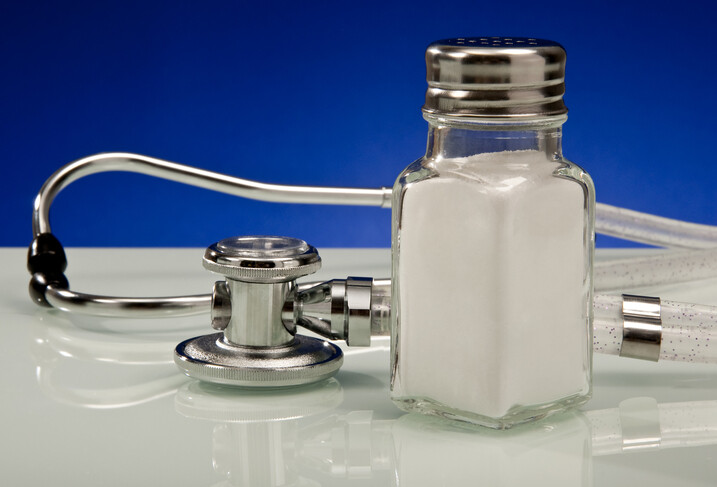Every five years, the U.S. Departments of Health and Human Services (HHS) and Agriculture (USDA) revises the dietary guidelines based on research and scientific data. The latest 2015-2020 Guidelines for Americans recommends less than 2,300 mg of sodium daily as part of a healthy diet. Consuming too much sodium increases the risk for serious medical conditions such as hypertension, heart disease, and strokes.
The majority of sodium Americans consume are found in processed foods and in restaurant meals and can add up very quickly. It is imperative that consumers are aware of the sodium content in common foods such as grains and breads where they would least expect it.
Americans are advised to make healthier food choices by choosing to eat more fruits, vegetables and low-fat dairy. If choosing to eat frozen or canned fruits or vegetables, read the labels for low or no sodium versions and varieties with no sauce. Avoid processed meats at all costs as they are often enhanced with salt water or saline. When cooking at home, opt for salt-free natural seasonings instead of sauces and pre-packaged seasonings.
To schedule an appointment at any of our convenient Primary Medical Care Center community clinics, you may visit our website at www.primarymed.com, or call (305)751-1500 for our Miami-Dade clinic, or (954)289-0000 for our Broward clinic.
